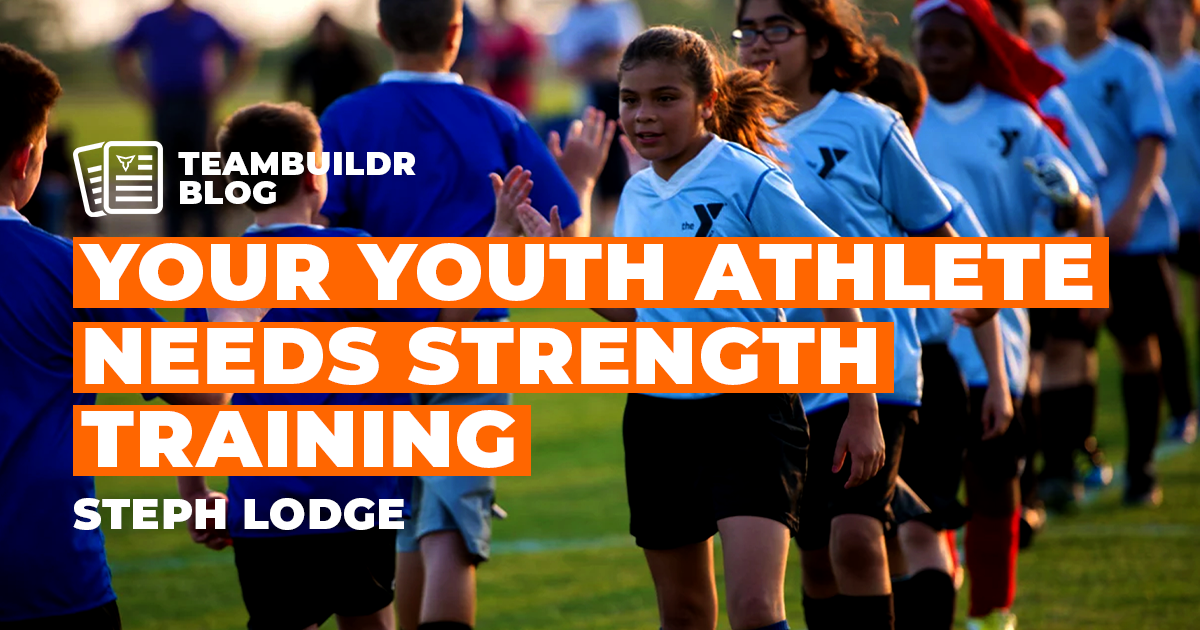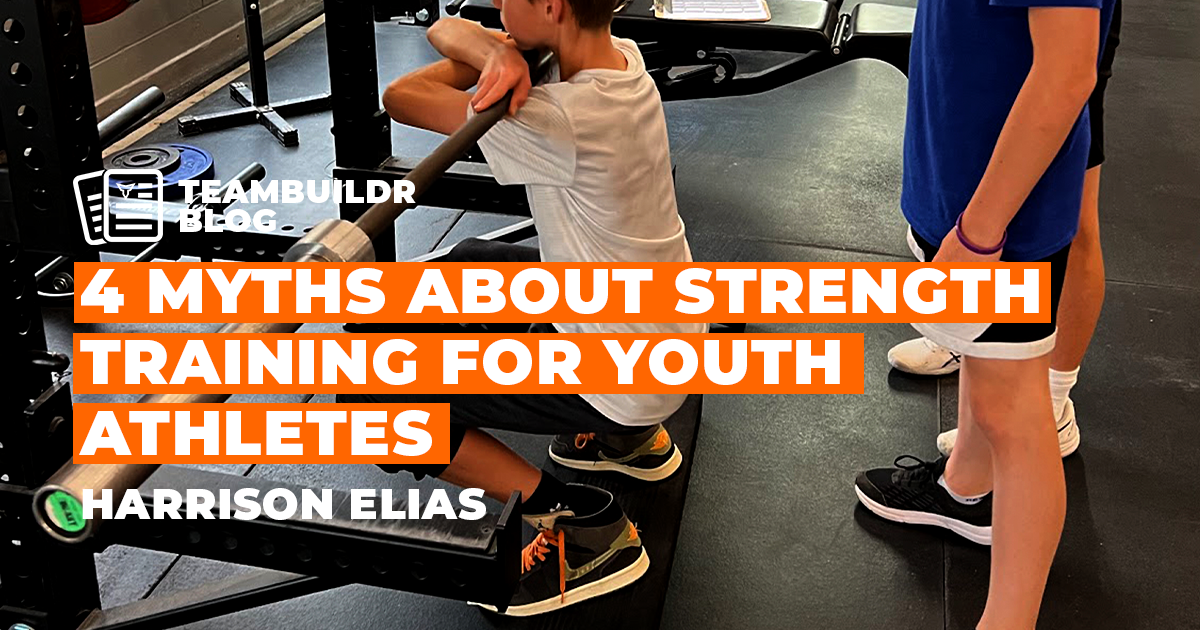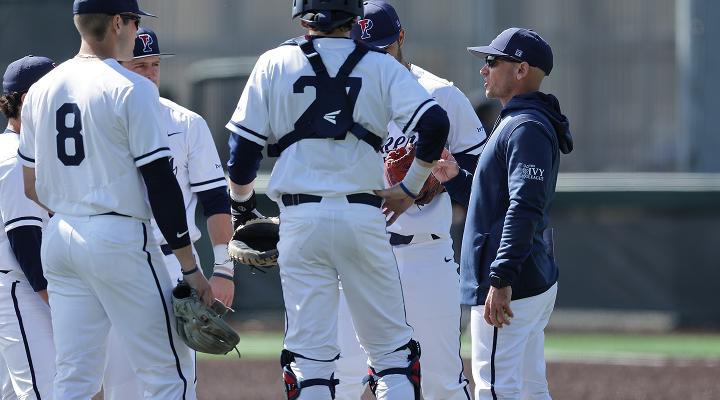Youth Strength Training: Debunking the Myths
Coaching kids is fun. They come to you with no bad technical habits, learn quickly, and in most cases have a blast in the weight room. They bring energy and life in a way that inspires even the most jaded strength coach. However, many parents have not always shown the same enthusiasm when seeing their child throw around a barbell. Sometimes these reactions still take me by surprise; Living in the strength world, it’s easy to forget how much bad information is still out there. Alas, like little cockroaches, concerns I had thought to be universally dispelled continue to crawl out of the shadows, looking for their next victim to scare. All kidding aside, these fictitious fears are very real for parents. As someone who grew up with an extra worried, I mean loving, mother, I understand that we have a responsibility as coaches to help ease their minds by putting these myths about kids strength training to rest with education.
The number one question parents tend to ask is, “Will weight training stunt my child’s growth?” I’ve found that at only 5 foot 2, my opinion on this isn’t very convincing. Instead, I display the evidence or lack thereof, for there’s actually no supporting science. There are a few different theories of where this youth weight training myth came from, some think it’s from fear of children damaging their growth plates. Others say it’s from believing that children in other countries are shorter because they were forced to do work with heavy lifting at a young age; the reality being that these children really suffered from malnutrition. We know that any physical activity carries some risk of injury, but with proper supervision, there is no need to be more concerned about breaking growth plates in the weightroom compared to the field. In fact, weight training actually increases bone density and decreases the likeliness of sport related injuries.
This brings me to, “Strength training is dangerous.” This is one that my poor parents had to hear themselves coupled with judgy looks asking if they had any concern at all for their daughter’s safety. Ironically, while I’ve torn a ligament stepping off a curb wrong, in all my years of lifting, I have never been injured in the gym. In fact, according to a High School Sports-Related Injury Surveillance Study, weightlifting is one of the safest sports available.
This study also dispels the common statement, “Only football players need to lift.” As the data above shows, a child is 62 times more likely to get injured playing soccer than football. Football is often portrayed as the most dangerous sport, but as you see, appearances can be misleading. Football players are not the only athletes that can prevent injuries with proper weight training. I like to think if more parents knew their child is more likely to get injured playing squash than weightlifting, maybe we’d see more kids in the gym.
Myths unrelated to safety may still keep them away. Some argue, “Kids can’t get strong before puberty because they lack testosterone.” As a female weightlifter, I can vouch that you don’t need to be pumped full of testosterone to see major strength gains. Testosterone will play a significant role in building muscle mass and prior to puberty, children are not likely to visibly bulk up. Don’t let this fool you, the research shows they absolutely can gain strength, learn proper form, and create healthy habits at this age. Pre-pubescent children should take time to perfect the basics and build a strong foundation for training. This involves safely performing bodyweight movements and lifting weights they can comfortably do for 8-10 reps with good form. While they won’t look like Arnold, they will get stronger.
Working with concerned parents can often be frustrating, but we can ease these situations by being prepared with the facts. Responding to a worried parent with impatience doesn’t help to put false information to rest. Instead, we can proactively help parents understand the importance of strength training and reward their trust by being the best coach possible. We can give these young athletes advantages many of us didn’t have by teaching them to respect the weight room, work hard, and most importantly have fun while training. In the end, we are all on the same team and want to keep our kids safe and give them every advantage possible. If the adults can play nice together, then our kids will come out stronger for it.
Sources:
https://www.healthline.com/health/does-lifting-weights-stunt-growth#2
https://blackwatchsports.com/5-myths-youth-resistance-training/
http://www.athletestrainingcenter.com/myths-about-youth-strength-training/
https://www.ptonthenet.com/articles/myths-and-facts-about-youth-training-3953
https://bodybuilding-wizard.com/misconceptions-myths-about-weight-training-for-children/
https://kidshealth.org/en/parents/strength-training.html
Subscribe to our blog
Subscribe to receive the latest blog posts to your inbox every week.
Related posts

Your Youth Athlete Needs Strength Training

4 Myths About Strength Training for Youth Athletes


